Ethiopie. L’heure de la moisson a sonné
- L'Hebdo
- 03 September 2009
Indiens et Saoudiens sont sur le point d’effectuer leur première récolte sur sol éthiopien. Le pays a prévu de céder 2,7 millions d’hectares aux étrangers.
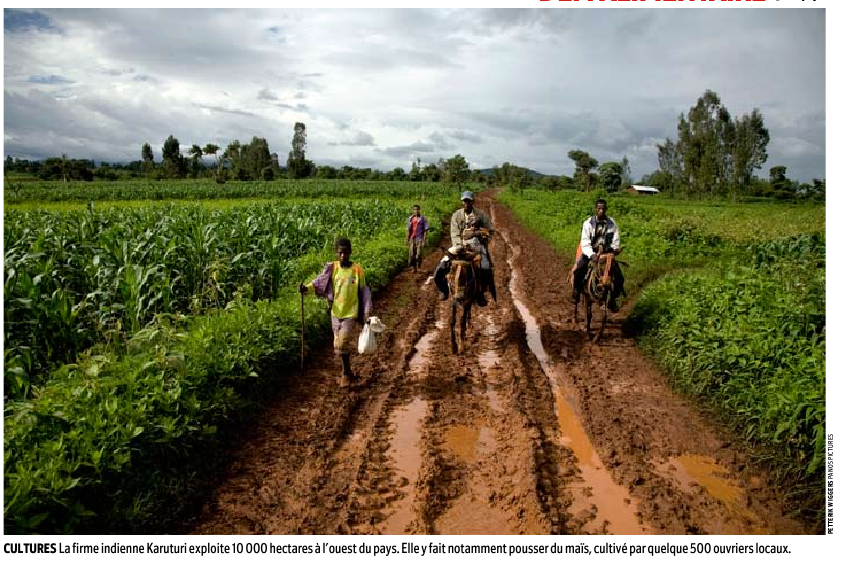
Indiens et Saoudiens sont sur le point d’effectuer leur première récolte sur sol éthiopien. Le pays a prévu de céder 2,7 millions d’hectares aux étrangers.

The terms of farmland deals are hardly made public. Although a theoretical possibility exists in a few cases for some transfer of technology for agricultural development, risk also exists to peasant farmers who cannot compete with well-resourced commercial farms. Take, for instance, the case of barley and oilseeds producers in Ethiopia.
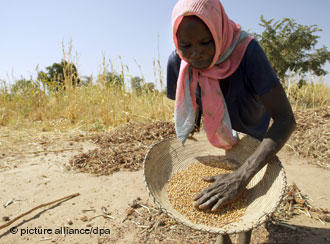
The consensus is that Africa is being out-gunned. While regulations & rules are debated, the amount of land being bought up by foreign investors is increasing at a rapacious speed.
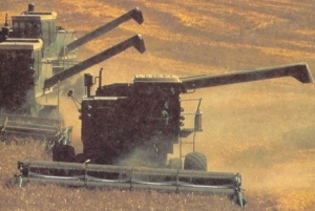
To be brutally honest, mutual interest is the opposite of what investor countries are looking for

Topics discussed included a review of recent trends in international investment, the record on FDI in developing country agriculture, evidence on recent investments, the “land grab” and its implications, alternative business models for investments, bridging the investment gap – investment needs and sources of capital, policy implications and the case for an international code of conduct.
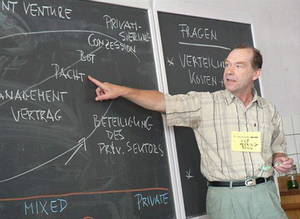
The boom in the acquisition of arable land in Africa by foreign companies and governments has stirred an international debate between international institutions such as the United Nations’ Food and Agriculture Organisation (FAO) and non-governmental groups and independent experts.
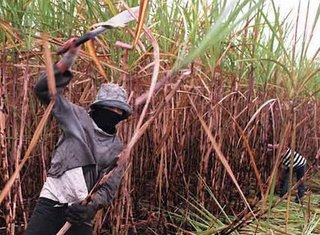
De Schutter y la FAO son, a mi juicio, muy confiados, porque entienden que una regulación ética “podría ser positiva, después de muchos años en los que ha habido falta de interés en el mundo por invertir en la agricultura”.

David Hallam explains how international investments in agriculture can be good news if the objectives of land purchasers are reconciled with the investment needs of developing countries.
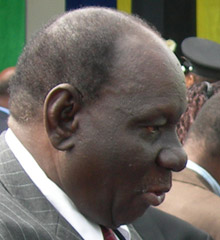
Paper presented at the Expert Meeting on “How to Feed the World in 2050,” FAO, Rome 24-26 June 2009
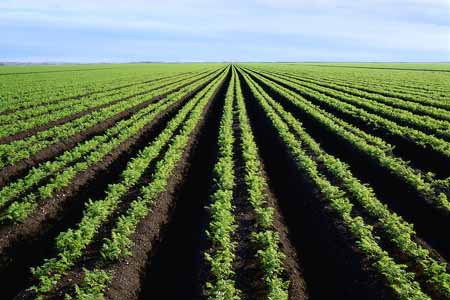
La ruée des investisseurs étrangers vers les terres arables est une tendance lourde du continent africain
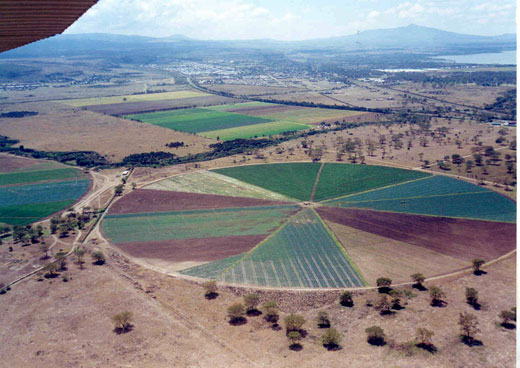
Bien étrange rapport que celui de la FAO sur l’accaparement des terres en Afrique. D’un côté les commanditaires demandent que les populations locales soient consultées et que les droits des paysans soient pris en compte. Mais de l’autre, les chercheurs refusent de parler d’accaparement et dénoncent « un certain nombre de préjugés erronés diffusés par les médias sur ce qu’on a appelé l’accaparement des terres. ».
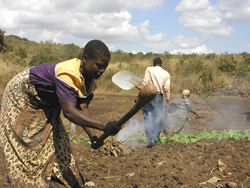
IFAD says that "land grab deals" are opportunities and should be transparent.

|
Obsolètes, les réformes agraires ?
|